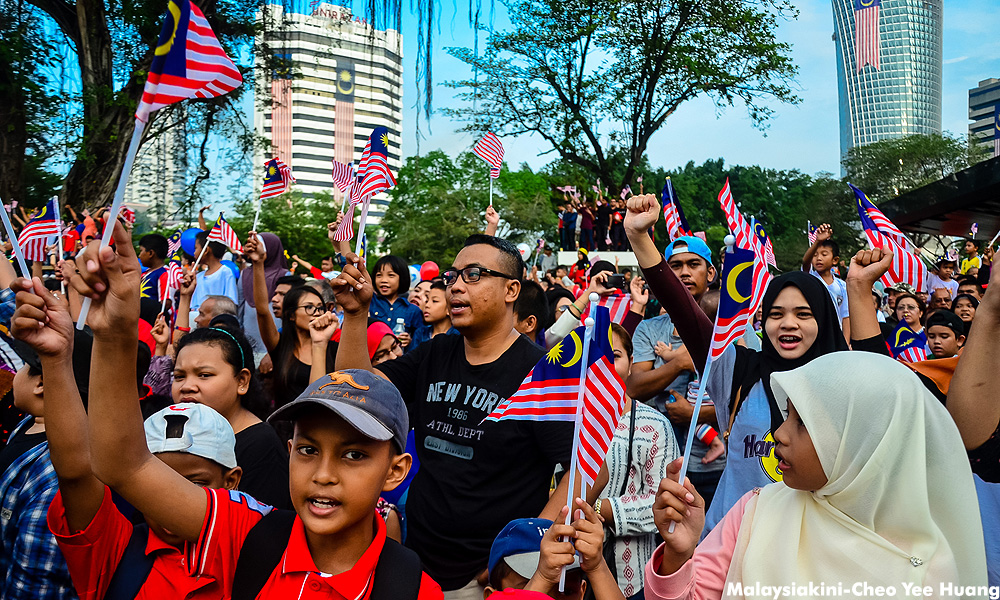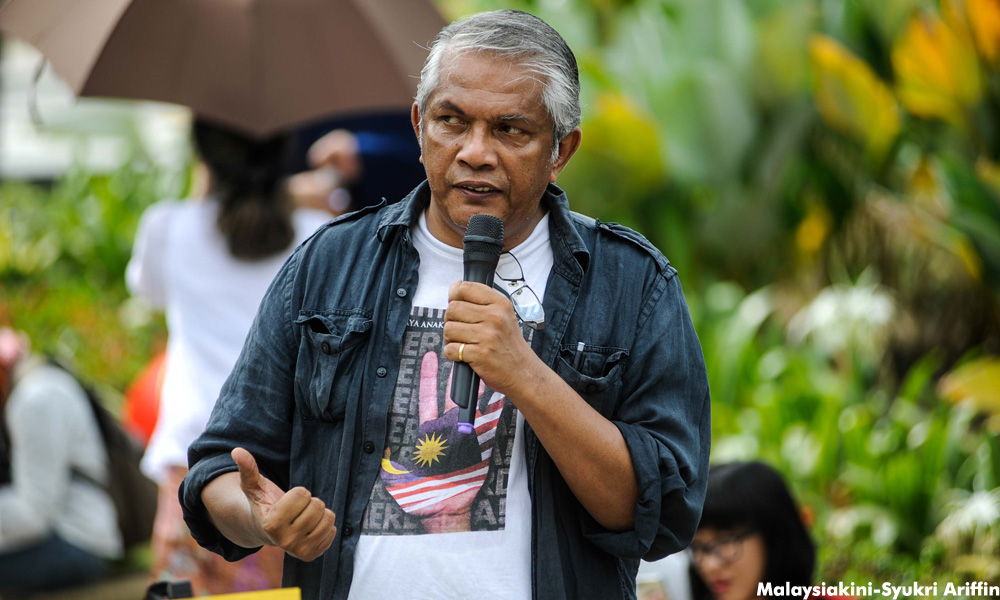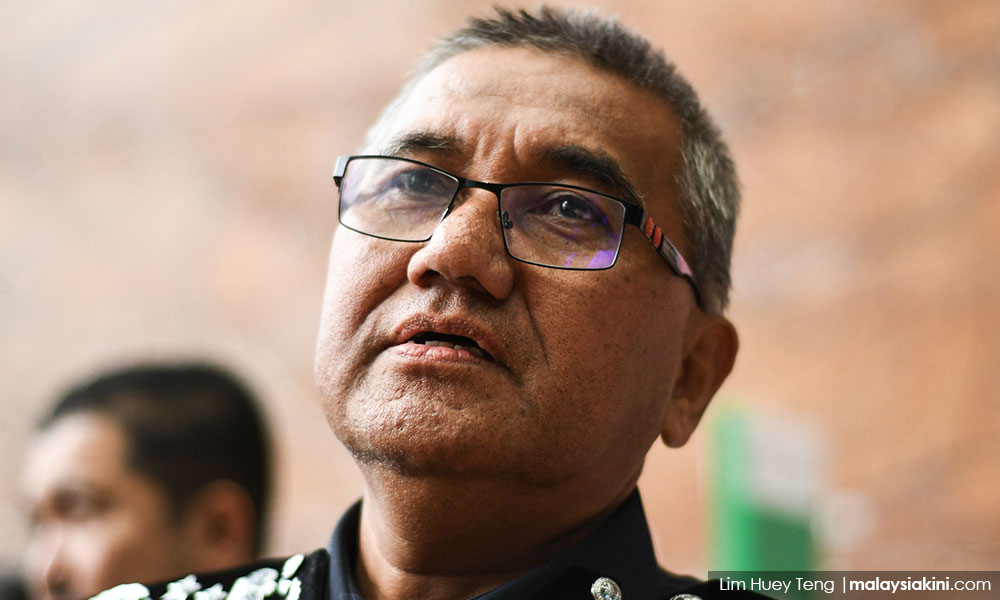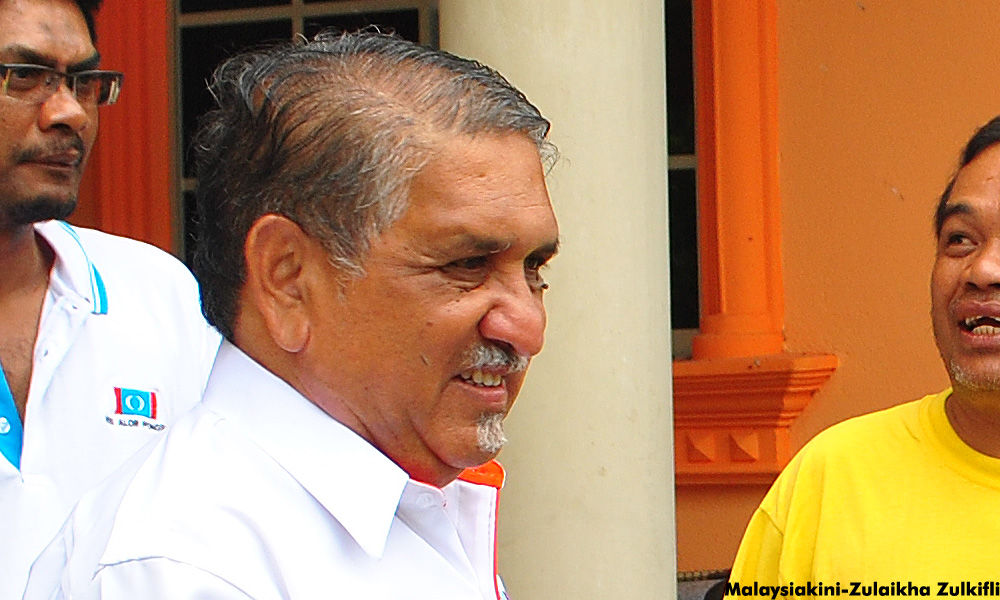Two polarised camps seem to have emerged from the recent controversy surrounding the now-banned “Better Beer Festival 2017”, whereby one side says such an event is an affront to religious sensitivities while the other side believes banning it is an infringement of rights.
So how do we as a community and country move forward in a healthier manner so that similar situations in the future can be handled and defused in less incendiary ways?
How do Malaysians find a middle ground where we can co-exist peacefully without treading on each other’s toes too often?
The first thing Malaysians must do is move away from claiming something “offends sensitivities” in every argument, says Rakyat Penyelamat Negara (Rapera) founder and lawyer Jahaberdeen Mohamed Yunoos.
“We should move away from casting everything as a Malay/non-Malay, Muslim/non-Muslim issue.

“All religious adherents in this country, be they Muslims or Christians or Buddhists or Hindus, they should learn not to hide behind their religious sensitivities.
“We should be mature about (such things). We should stop this discourse that ‘this is against my religion’.
“It is not a valid argument to deny something to the majority or even the minority,” he said in a phone conversation with Malaysiakini.
Rapera describes itself as "a movement which encourages thinking and compassionate citizens".
While it may be true that something “offends sensitivities”, Jahaberdeen argued that such a perspective was childish and would stop the nation from growing and learning how to manage sensitivities.
As such, Jahaberdeen believed that the arguments surrounding the beer festival show that Malaysians still lack maturity on such issues.
Without inculcating the necessary maturity in Malaysians, he said it would not be possible to find a middle ground.
Not religious issue
Jahaberdeen also pointed out that it is possible to be against the beer festival for non-religious reasons.
“This beer festival is not a religious issue. I do not think Malaysians should look at it as a religious issue.
“To say it infringes (upon) non-Muslim rights is an affront and insult to non-Muslims’ intelligence and dignity because not all non-Muslims are in favour of alcohol.
“It is putting Muslims on a high pedestal. That is a superiority complex kind of thing, no good,” he explained.
He pointed to himself as an example; though he is personally against the beer festival, his reservations are not based on religious grounds.
He is against the event because he does not believe alcohol consumption is something that should be promoted or encouraged through a festival.
What the country needs, he said, is a national alcohol consumption policy which can provide better regulation.
Educate on sensitivities
Social activist Haris Ibrahim (photo) also expressed a similar sentiment about Malaysians needing to learn how to manage sensitivities better.

Malaysia, he said, lags behind some societies in terms of the ability to accommodate other faiths, and the way to combat this is a concerted effort to educate the public on sensitivities of different faiths.
“Essentially, to inculcate appropriate sensitivity, what you need is to better educate the public on sensitivity about each other,” he said.
In the UK, for example, he said, Muslims can walk into any place selling pork without getting bothered, whereas in Malaysia, it is still an issue.
“The question of sensitivities of Muslims - how far do you take that?
“Say for instance, would we entertain Hindus saying ‘we are sensitive to beef’ and therefore beef should not be served in restaurants?”
“Vegetarians saying, we do not appreciate meat consumption? The answer to all of this is that if you know it is a non-vegetarian restaurant and you are very particular, then you don’t go.
“So if Muslims know it is a pub serving alcohol, then don’t go in,” he explained.
Having a beer festival outside a mosque, for example, would be very insensitive, he said, but having one in a shopping mall should be fine.
Finding a middle ground, he pointed out, would mean respecting someone else’s rights to anything that does not break the law.
He also rued the police’s decision to stop the beer festival due to “extremist” elements, arguing that this would only encourage extremists to continue to threaten to encroach on private spaces.
“In a democratic, civilised society, you do not take away rights in order to placate extremists,” he said.

Previously, the inspector-general of police (IGP) Mohamad Fuzi Harun (photo) had said they put a stop to the beer festival because they had received information that “militants were planning to commit sabotage” at the festival.
Consult all stakeholders
For PKR senator Muhammad Nur Manuty, another step that can be taken to mitigate such unhealthy arguments in the future would be to have “consultation meetings” with all stakeholders.
“The government, they have the authority, (they) must call a series of (such) meetings in order to gain a sort of understanding and perhaps later on, consensus.

“It is not easy, because of many things involved but we do not want to see (such) issues cropping up from time to time without consensus from all groups involved,” he said.
For a long-term solution, all groups concerned must come together to work on these issues, with the authorities playing a more assertive role to nudge things in the right direction, he said.
The “Better Beer Festival”, which aims to promote smaller breweries, had been taking place in Kuala Lumpur since 2011 without much fanfare.
However, it landed in the spotlight this year after PAS central committee member Riduan Mohd Nor complained that the event would lead to reprisals from extremists.
Subsequently, the Kuala Lumpur City Hall refused to greenlight the event, which was supposed to be held at the Publika shopping mall on Oct 6 and 7, citing political sensitivities.
MCA president Liow Tiong Lai later claimed the rejection of the event was due to security reasons, which the IGP’s statement supported.

